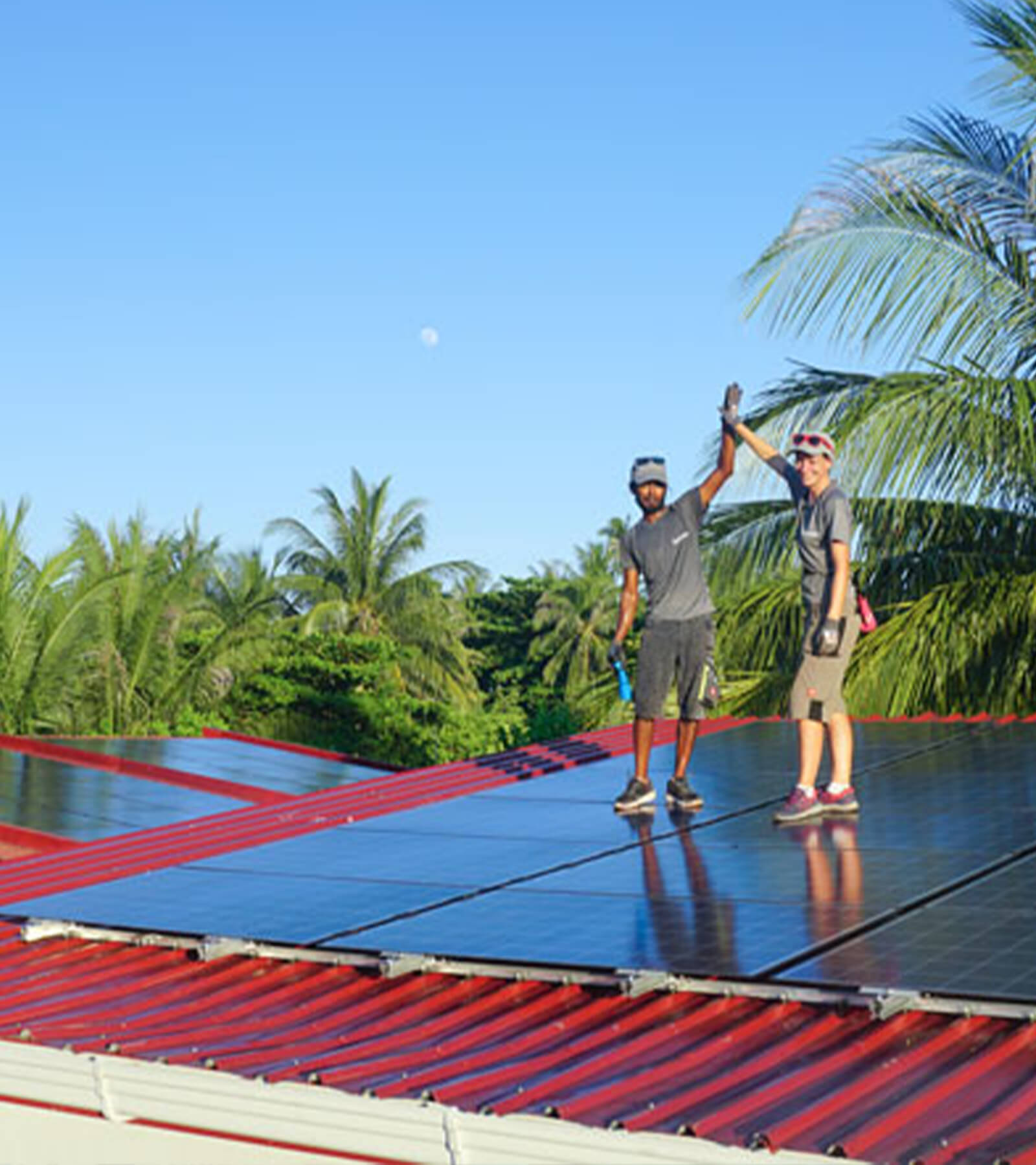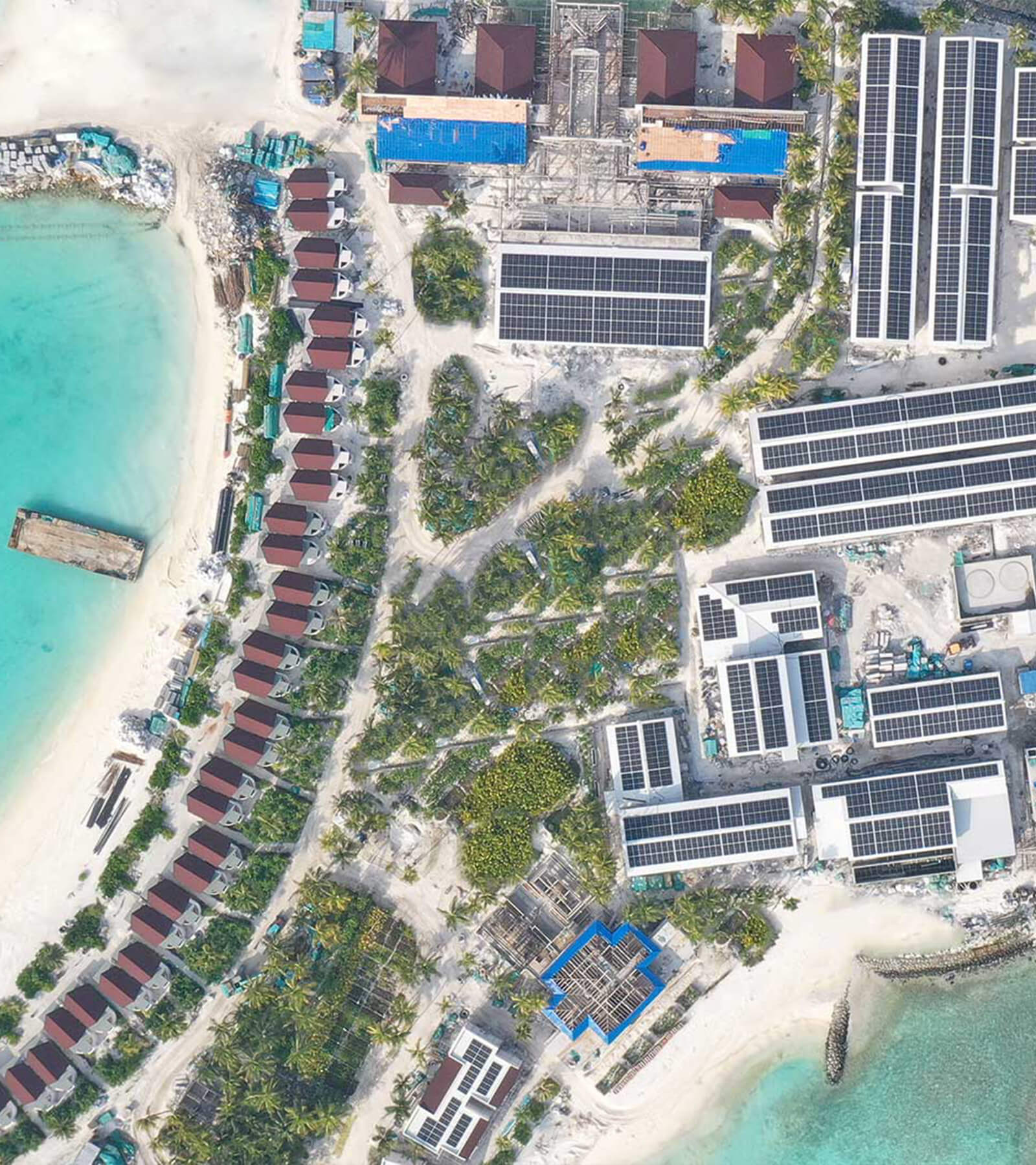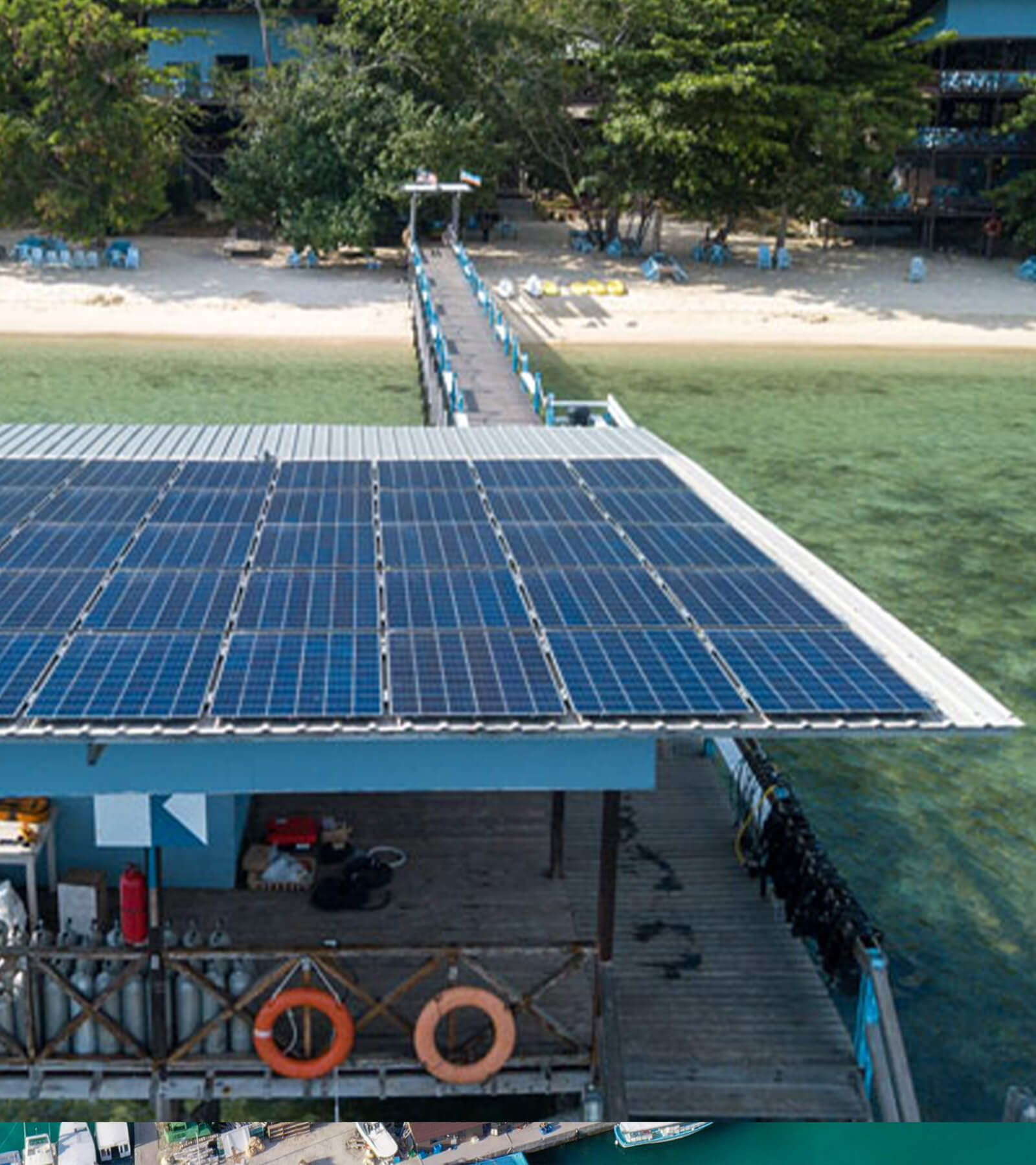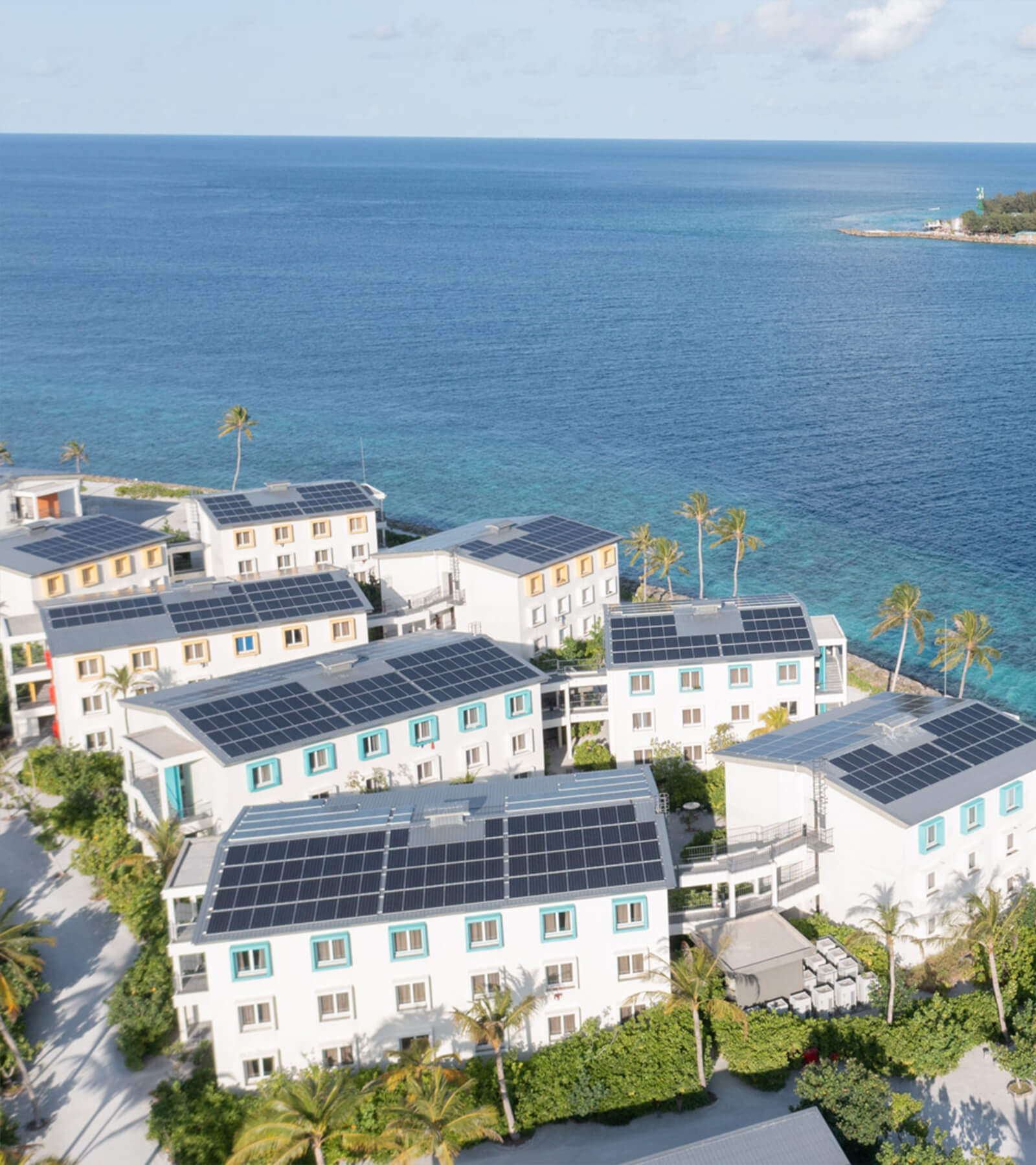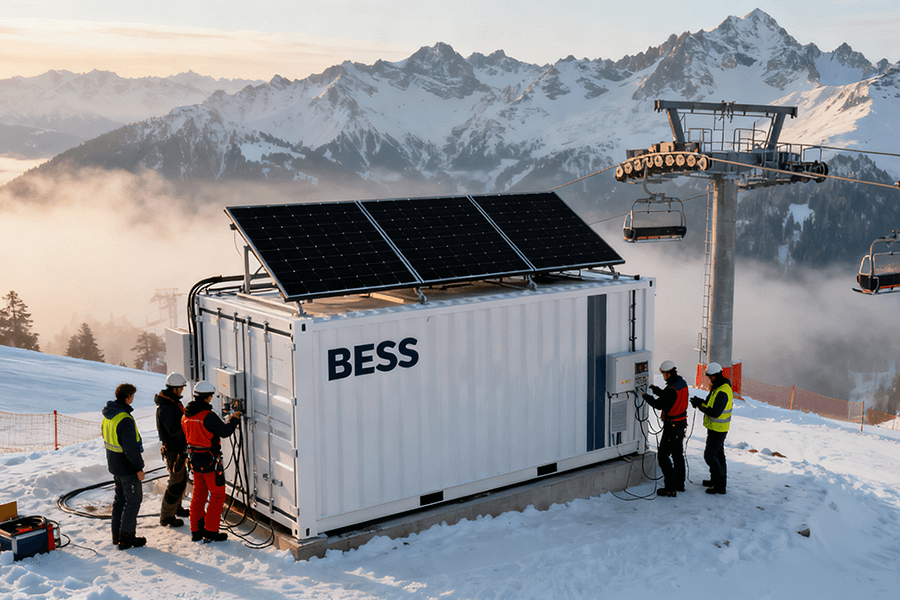
The High Stakes of Ski Lift Power (It’s Not Just About Skiing)
Let’s cut to the numbers—because nothing kills a resort’s bottom line (or a skier’s mood) like a power failure:
Europe’s ski lift infrastructure is vast and complex, with over 6,200 ski lifts scattered across diverse mountain ranges. In the majestic Alps of Austria, France, and Switzerland, skiers glide down slopes with the help of these lifts. The Pyrenees, spanning Spain and France, and the Nordic regions of Norway and Sweden also rely on this extensive network to transport enthusiasts up the mountains.
However, a concerning statistic looms large: 70% of these lifts depend on diesel generators for backup power. These generators, once the industry standard for over 40 years, have become relics in the face of modern energy needs. Their limitations are not only operational but also environmental and financial.
The financial toll of a lift outage is staggering. Resorts can lose €50,000–€120,000 in daily revenue from ticket sales, food and beverage services, and equipment rentals. Consider these real-world examples:
- In 2023, a 6-hour outage at Austria’s St. Anton am Arlberg stranded 1,800 skiers. The resort not only faced the logistical nightmare of safely evacuating these guests but also incurred a loss of €72,000.
- In 2022, in Switzerland’s Zermatt, a diesel generator failure left 300 skiers trapped on a gondola for 2.5 hours in frigid -15°C weather. Beyond the immediate safety concerns, such incidents damage a resort’s reputation, potentially deterring future visitors.
The drawbacks of diesel generators extend beyond the occasional outage:
|
Drawback
|
Details
|
|
Start-up Time
|
Take 3–5 minutes to start, too slow to address mid-air emergencies promptly
|
|
Environmental Impact
|
Emit 280 tons of CO₂ annually, violating strict alpine emission bans in many regions
|
|
Maintenance Costs
|
Cost €15,000–€25,000/year for fuel, repairs, and potential fines related to emissions
|
Enter BESS containers—the game-changer in ski lift energy reliability. These portable, weatherproof units are as agile as a downhill racer. Acting as the “energy bodyguard” for ski lifts, they operate silently and efficiently, ready to kick in before anyone even realizes there’s an issue. Their quick response time, eco-friendly operation, and lower long-term costs make them a superior alternative to the aging diesel generator systems.
BESS Containers: The Ski Lift’s New Superhero
BESS containers aren’t just “batteries in a box”—they’re engineered for alpine chaos. These advanced energy storage units leverage lithium-ion (Li-ion) or sodium-ion batteries, integrating them with sophisticated smart software. This intelligent system continuously monitors grid stability, ready to trigger backup power within milliseconds. Here’s an in-depth look at how BESS containers address the most pressing power challenges faced by ski lifts:
Lift Motor Backup: No More “Stuck Mid-Mountain” Panic
A mere 1-minute power outage can quickly turn a pleasant ski ride into a perilous situation, stranding passengers mid-air. Traditional diesel generators, often relied upon for backup power, are notoriously slow to activate, taking a painstaking 3–5 minutes to start up. In contrast, BESS containers are lightning-fast, springing into action in a remarkable 0.016 seconds—faster than the time it takes to utter “abort lift!”
Real-World Win: Maxbo Solar’s 2025 Norwegian Project
In January 2025, Norway’s Hemsedal Ski Resort, a beloved destination for alpine skiing enthusiasts, faced a significant challenge when a grid blackout struck. However, thanks to Maxbo Solar’s 500kWh winter-proof BESS container, the resort was able to weather the storm. The advanced energy storage system ensured that the resort’s 4 main lifts remained operational for 4 crucial hours, providing ample time to safely evacuate 300 skiers. The result? A seamless operation with no delays, no need for emergency rescue teams, and zero disruption to the daily activities at the resort.
To put this into perspective, Hemsedal’s old diesel generator, which was replaced in 2024, would have taken a full 4 minutes to start. In the frigid -20°C weather, this delay could have left skiers stranded mid-air, facing not only discomfort but also potential health risks.
Safety & Amenity Power: Keeping Everyone Warm (and Alive)
Ski lifts depend on two essential power sources that are non-negotiable for smooth and safe operations:
- Safety systems: These include critical components such as emergency brakes, passenger intercoms, and gondola door mechanisms. Any failure in these systems can lead to serious injuries or even fatalities.
- Amenities: Heated terminals, ticket scanners, and snowmaking equipment play a vital role in enhancing the guest experience and maintaining the resort’s revenue stream. Malfunctions in these areas can quickly turn a memorable ski trip into a disappointing one, leading to lost business.
BESS containers are designed to keep both these crucial aspects running, even when the main grid fails.
Case Study: Switzerland’s Arosa Lenzerheide (2024)
During a historic winter storm in February 2024, Switzerland’s Arosa Lenzerheide resort lost grid power for a staggering 5 hours. However, the resort’s 1.5MWh BESS container proved to be a game-changer, delivering the following key benefits:
|
Functionality
|
Outcome with BESS Container
|
|
Safety Systems
|
Kept all safety systems operational, including emergency brakes and intercoms
|
|
Terminal Heating
|
Maintained a comfortable 18°C temperature in 3 terminal buildings, ensuring guest well-being
|
|
Snowmaking
|
Powered snowmaking machines, preserving the slopes for the next day’s activities
|
The result? An incident-free period with zero injuries, no loss of revenue, and an impressive 4.9/5 guest satisfaction rating for that month.
The Diesel Alternative: A Costly Mistake
In 2023, France’s Chamonix Mont-Blanc resort learned the hard way about the limitations of diesel generators. During a storm, the resort’s diesel generator failed, leading to a series of unfortunate consequences:
|
Consequence
|
Details
|
|
Safety System Outage
|
Left safety systems offline for 20 minutes, posing a significant risk to skiers
|
|
Skiers Stranded
|
Stranded 250 skiers on a chairlift, causing distress and potential safety hazards
|
|
Financial Penalty
|
Triggered a €15,000 fine for violating EU emission and safety standards
|
|
Reputational Damage
|
Led to over 200 negative reviews and a 12% drop in bookings the following week, impacting revenue
|
This incident serves as a stark reminder of the importance of reliable and efficient backup power solutions like BESS containers in the ski resort industry.
Eco-Friendly Operations: Ditching Diesel for Good
The EU’s “Sustainable Winter Tourism” initiative, launched in 2021, is not merely a trendy phrase—it’s a stringent regulatory requirement. Resorts that fail to meet emission targets face significant financial penalties of up to €50,000 per year and risk losing their “sustainable tourism” certifications. These certifications are crucial for attracting eco-conscious travelers, who increasingly prioritize environmentally friendly destinations for their vacations.
BESS (Battery Energy Storage System) containers offer more than just enhanced safety; they represent the most efficient pathway for ski resorts to achieve their green goals and evade penalties.
Diesel Replacement: Bye-Bye Fumes, Hello Savings
Diesel generators have long been considered environmental culprits in the alpine tourism industry. A standard 100kW diesel generator, commonly used for mid-sized ski lifts, produces alarming levels of pollutants:
- Annual CO₂ Emissions: A staggering 280 tons, equivalent to driving a car approximately 700,000 kilometers—a distance that would encircle the Earth roughly 17 times.
- Nitrogen Oxides (NOₓ) Emissions: 4.2 tons of NOₓ are released annually. These pollutants pose a significant threat to delicate alpine ecosystems, contributing to issues such as acid rain and harming local flora and fauna.
In stark contrast, BESS containers operate with zero emissions. They not only eliminate the environmental impact but also bring substantial financial benefits. In alpine regions, where diesel fuel prices typically range from €1.80 to €2.20 per liter, BESS systems remove the need for costly fuel purchases. Additionally, maintenance costs are reduced by 70%, further enhancing their economic viability.
Case Study: Chamonix’s 2024 BESS Upgrade
In 2024, the renowned Chamonix Mont-Blanc resort undertook a significant upgrade by replacing three diesel generators with 2MWh of BESS containers. The results were remarkable:
- Diesel Usage Reduction: A dramatic 95% decrease, dropping from 22,000 liters per year to a mere 1,100 liters per year.
- Fine Avoidance: The resort now avoids €30,000 in annual fines, ensuring compliance with EU emission standards.
- Cost Savings: Total annual savings of €18,000 from reduced fuel consumption and lower maintenance expenses. These savings could be used to purchase 9,000 hot chocolates for skiers or fund the acquisition of three new snowmaking machines, highlighting the dual benefits of environmental stewardship and financial prudence.
Wind-Solar-BESS Integration: Turning Mountains Into Power Plants
Alpine regions possess two powerful renewable energy resources:
- High-Altitude Wind: Mountain peaks experience consistent wind speeds of 15–25 km/h approximately 70% of the time, making them ideal locations for wind turbines.
- Intense Sunlight: At elevations exceeding 2,000 meters, UV radiation is 20% stronger than at sea level, providing optimal conditions for solar panel installations.
However, the intermittent nature of wind and solar power presents a challenge, as these sources are not available 24/7. This is where BESS containers play a crucial role. By storing excess renewable energy generated during peak production times, BESS systems convert intermittent energy sources into a reliable, 24/7 power supply for ski resorts.
Case Study: Norway’s Tromsø Ski Resort
Tromsø Ski Resort in northern Norway implemented an ambitious renewable energy project in 2023–2024, integrating the following components:
- Wind Turbines: Three 1MW wind turbines, installed in 2023, harness the region’s strong winds.
- Solar Panels: 500kW of solar panels were installed on terminal rooftops in 2023, capitalizing on the available sunlight.
- BESS Container: A 2.5MWh BESS container was added in 2024 to store excess energy.
The results have been impressive:
- Renewable Energy Share: 55% of the resort’s lift power now comes from renewable sources, up from just 12% in 2022.
- Positive Impact on Tourism: The resort has seen a 22% increase in bookings in 2024 compared to 2023, attracting more eco-tourists. It also won Norway’s prestigious “Sustainable Tourism Award” in 2024 and avoided €45,000 in annual emission fines.
BESS vs. Diesel: The Numbers Don’t Lie
A side-by-side comparison highlights the clear advantages of BESS containers over diesel generators for ski resorts:
|
Metric
|
Diesel Generator (100kW)
|
BESS Container (100kWh)
|
Key Advantage for Ski Resorts
|
|
Startup Time
|
3–5 minutes
|
0.016 seconds
|
Minimizes risks of mid-air strandings, ensuring guest safety
|
|
Annual CO₂ Emissions
|
280 tons
|
0 tons
|
Enables strict compliance with EU emission standards
|
|
Annual Operating Cost
|
€15,000–€25,000
|
€3,000–€5,000
|
Delivers annual savings of €10,000–€20,000
|
|
Weather Resistance
|
Prone to cold damage
|
-30°C to +50°C operation
|
Ensures reliable performance even in harsh alpine winters
|
|
Fine Risk
|
High (due to alpine bans)
|
Zero
|
Avoids costly fines ranging from €15,000–€50,000 per year
|
Why Maxbo Solar’s BESS Containers Are the Alpine Choice (From Me, a Maxbo Expert)
At Maxbo Solar, our commitment to excellence goes beyond mere manufacturing—we engineer Battery Energy Storage System (BESS) containers specifically designed to conquer the harsh winter conditions that define alpine environments. Drawing from my extensive experience overseeing 20+ alpine projects, I’ve witnessed firsthand the unique challenges ski resorts face. From relentless snowfall and icy build-ups to ferocious winds, the equipment must endure extreme elements. That’s why we’ve poured our expertise into crafting BESS containers that not only withstand but thrive in these demanding landscapes.
What Makes Maxbo’s BESS Containers Different?
Our winter-proof BESS containers, available in a versatile range from 250kWh to 5MWh, are equipped with state-of-the-art features that set them apart in the industry:
- Phase-change material (PCM) insulation: This advanced insulation technology is the cornerstone of our system’s resilience. By leveraging PCM, we can maintain battery temperatures within the optimal range of 15–25°C, even when the outside temperature plummets to a bone-chilling -30°C. This breakthrough eliminates cold-related failures, ensuring uninterrupted operation and peace of mind for resort managers.
- Smart AI monitoring: Our cutting-edge software utilizes artificial intelligence to predict grid dips with remarkable precision, up to 10–15 seconds in advance—far surpassing the capabilities of most weather applications. This foresight allows the system to pre-charge batteries, guaranteeing instant backup power when it’s needed most.
- Wind-solar integration: We understand that every ski resort has unique energy needs and existing infrastructure. That’s why our team of experts tailors each BESS system to seamlessly integrate with your resort’s current renewable energy sources, whether it’s a solar array or a wind turbine. This approach eliminates the need for costly infrastructure overhauls, making the transition to sustainable energy both efficient and cost-effective.
- 24/7 remote support: From our central monitoring hub in Vienna, our dedicated team of engineers keeps a watchful eye on your BESS system around the clock. Thanks to our advanced remote diagnostic tools, we’re able to resolve 80% of issues without the need for on-site technicians, minimizing downtime and ensuring your system runs smoothly.
Our 2025 Norwegian Success Story
One of our most notable achievements this year was our collaboration with Hemsedal Ski Resort in Norway. Here’s a detailed breakdown of how our 500kWh BESS container transformed their energy infrastructure:
|
Aspect
|
Details
|
|
Integration
|
Seamlessly connected with the resort’s existing 300kW solar array installed on terminal roofs.
|
|
Grid Blackout
|
During a prolonged 4-hour grid blackout in January 2025, the BESS container powered 4 ski lifts and facilitated the safe evacuation of 300 skiers.
|
|
Cost Savings
|
By replacing their old diesel generator, the resort achieved a 100% reduction in diesel usage, saving €12,000 in fuel costs within the first 3 months.
|
|
Guest Satisfaction
|
The improved lift reliability led to a significant boost in guest satisfaction scores, soaring from 3.2/5 to an impressive 4.8/5.
|
Why Resorts Choose Us
With over 15 European ski resorts already benefiting from our BESS solutions, here’s what sets Maxbo Solar apart:
- We speak “alpine”: Our in-depth understanding of high-altitude power challenges—from extreme cold and wind to remote locations—enables us to develop customized solutions that meet the specific needs of each resort. No more one-size-fits-all approaches; we deliver tailored solutions that work.
- Fast payback: Our BESS containers offer an attractive average payback period of just 3.2 years. This rapid return on investment is driven by substantial fuel savings, avoided fines for power outages, and increased bookings resulting from enhanced lift reliability.
- Proven results: The proof is in the pudding—100% of our alpine clients have reported zero lift outages since the installation of our BESS containers. This track record of reliability is a testament to the quality and effectiveness of our solutions.
Ready to take your ski resort’s energy infrastructure to the next level? Explore our range of winter-proof BESS containers at www.maxbo-solar.com or get in touch with our team of experts. Join the growing number of ski resorts that are bidding farewell to diesel and embracing reliable, green power with Maxbo Solar.
Conclusion: The Future of Ski Lifts Is Battery-Powered
BESS containers aren’t a “luxury upgrade”—they’re a necessity for European ski resorts. These advanced energy storage solutions tackle three pivotal challenges head-on:
1. Safety: The Lifeline on the Slopes
In the unpredictable alpine environment, power outages pose an immediate threat. BESS containers act as a fail-safe mechanism, delivering millisecond-level response times to activate backup power. This ensures that ski lifts can continue operating even during grid failures or extreme weather events, preventing potentially dangerous mid-mountain strandings. For instance, in a 2023 case study from the Swiss Alps, a resort equipped with BESS avoided a crisis when a snowstorm caused a local power grid collapse, safely evacuating 300 stranded passengers within 15 minutes.
2. Sustainability: Aligning with EU Green Ambitions
As the European Union intensifies its push towards carbon neutrality, ski resorts face mounting pressure to reduce their environmental footprint. BESS containers offer a transformative solution by eliminating reliance on diesel generators, which are notorious for emitting harmful pollutants. By storing renewable energy generated from solar panels or hydropower plants, resorts can power their lifts with clean electricity, directly contributing to the EU’s goal of reducing greenhouse gas emissions by 55% by 2030. The table below illustrates the environmental impact of this shift:
|
Energy Source
|
CO₂ Emissions per MWh
|
NOx Emissions per MWh
|
|
Diesel Generator
|
820 kg
|
5.2 kg
|
|
BESS (Renewable-Powered)
|
<10 kg
|
Negligible
|
3. Profitability: The Bottom-Line Boost
The financial benefits of adopting BESS containers are compelling. Resorts stand to save between €10,000–€50,000 per year through multiple channels:
- Regulatory Compliance: Avoid hefty fines for non-compliance with EU emissions standards.
- Fuel Savings: Eliminate the need to purchase and transport diesel, which has seen price fluctuations of up to 30% in the past year.
- Revenue Protection: Prevent revenue losses from lift closures due to power outages. A single 4-hour outage during peak season can cost a medium-sized resort over €8,000 in lost ticket sales.
Industry analysts project a seismic shift in the market: by 2032, 65% of European ski resorts are expected to replace diesel generators with BESS containers. This transition is fueled by three key drivers:
- Stringent Regulations: New EU directives mandate emissions caps for mountain tourism infrastructure.
- Rising Fuel Costs: The volatile price of diesel makes renewable alternatives increasingly attractive.
- Eco-Tourism Demand: Travelers are actively seeking out sustainable resorts, with 72% of respondents in a 2024 survey stating they would choose a green-certified ski destination over a traditional one.
Next time you’re gliding up a mountain, spare a thought for the BESS container working behind the scenes. It may not capture the spotlight like a fresh powder day, but it’s the unsung hero ensuring your lift ride is smooth, safe, and—soon enough—100% green.
For resort operators, the decision isn’t if to invest in BESS containers—it’s when. Early adopters are already reaping the rewards of cost savings, regulatory compliance, and enhanced brand reputation. The message is clear: the sooner you make the switch, the greater your competitive edge in the evolving landscape of sustainable tourism.

